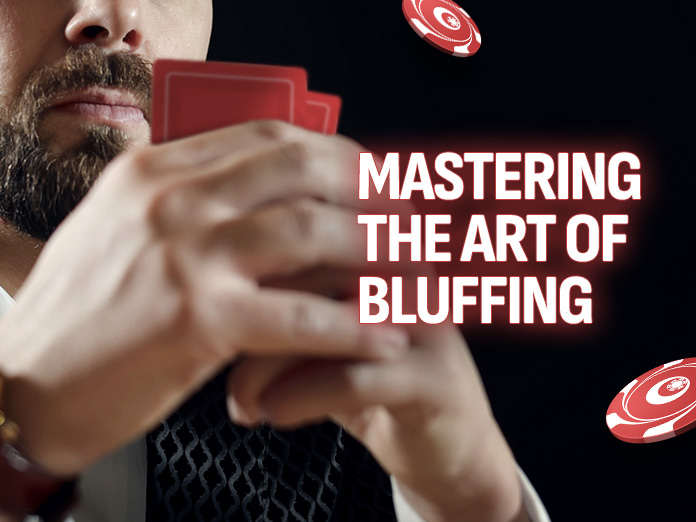Winning Strategies: Mastering the Art of Poker Bluffing
Understanding the Basics of Poker Bluffing
Bluffing is an essential skill in poker, often making the difference between winning and losing a hand. It involves deceiving your opponents into believing you have a stronger hand than you actually do. The art of bluffing is not just about having a poker face; it requires a deep understanding of the game, your opponents, and the current dynamics at the table. For those interested in honing their bluffing skills, exploring strategies in games like aviator can provide valuable insights into the psychology of deception and risk management. By learning how to read your opponents’ behaviors and betting patterns, you can choose the perfect moments to execute a bluff and maximize your chances of success.
Bluffing effectively requires a blend of confidence, timing, and adaptability. You must be able to control your emotions and maintain a steady demeanor, regardless of the cards you hold. The key to a successful bluff is to sell your story convincingly; if your betting patterns and table behavior consistently suggest a strong hand, your opponents are more likely to believe your bluff. Additionally, understanding when not to bluff is just as important. Overuse of bluffing can lead to predictability, making it easier for opponents to call your bluff.
Recognizing the Right Moments to Bluff
Timing is everything when it comes to bluffing in poker. Recognizing the right moments to bluff involves a combination of situational awareness and opponent analysis. Consider the table dynamics and your opponents’ playing styles before attempting a bluff. If you notice that your opponents are playing conservatively, it might be an opportune time to bluff, as they are more likely to fold against perceived strength. On the other hand, aggressive players who frequently raise may not be as easily deterred by a bluff, requiring you to adjust your strategy accordingly.
Another critical aspect of timing your bluff is understanding the significance of position. Bluffing from a late position, where you have observed the actions of other players, can provide a strategic advantage. It allows you to gauge the strength of your opponents’ hands and make informed decisions about whether a bluff is likely to succeed. Additionally, pay attention to the community cards on the table. Bluffs are more believable when the community cards present a plausible strong hand scenario.
The Psychological Aspects of Poker Bluffing

Bluffing is as much a psychological battle as it is a strategic one. To master the art of bluffing, you must delve into the minds of your opponents and anticipate their reactions. Observing their body language, verbal cues, and betting patterns can provide valuable insights into their thought processes. Experienced players often use reverse psychology, appearing weak when strong or strong when weak, to mislead opponents and induce mistakes. The ability to read these subtle cues can significantly enhance your bluffing success.
Moreover, maintaining a consistent table image is crucial for effective bluffing. Your opponents’ perception of you can influence their decisions, so it’s essential to cultivate an image that supports your bluffing strategy. If you have been playing conservatively and suddenly make a bold move, your opponents may be more inclined to believe you have a strong hand. Conversely, if you have been caught bluffing repeatedly, your bluffs will lose credibility. Balancing your table image with your bluffing frequency is key to keeping your opponents guessing.
Leveraging Online Resources for Bluffing Mastery
In the digital age, numerous online resources are available to help players improve their bluffing skills. Websites, forums, and instructional videos offer valuable tips and strategies shared by seasoned poker professionals. Engaging with these resources can enhance your understanding of bluffing techniques and broaden your strategic repertoire. Online poker platforms also provide opportunities to practice bluffing in a virtual setting, allowing you to experiment with different strategies without the pressure of a live game.
Furthermore, participating in online poker communities can be beneficial for exchanging insights and learning from the experiences of others. Engaging in discussions about bluffing strategies and sharing your own experiences can lead to valuable feedback and new perspectives. By actively seeking knowledge and practicing your skills, you can refine your bluffing techniques and gain an edge over your opponents in both live and online poker games.<

